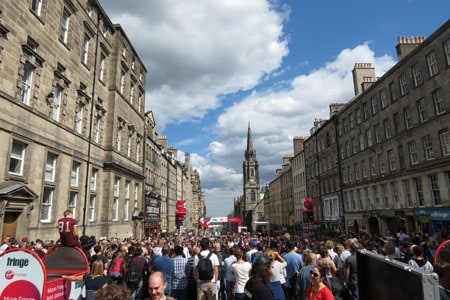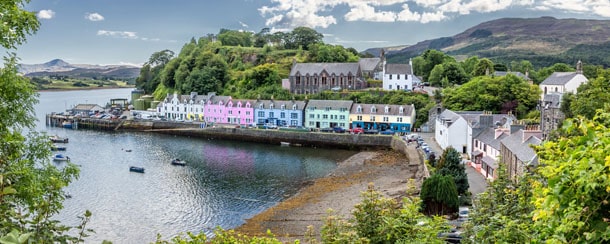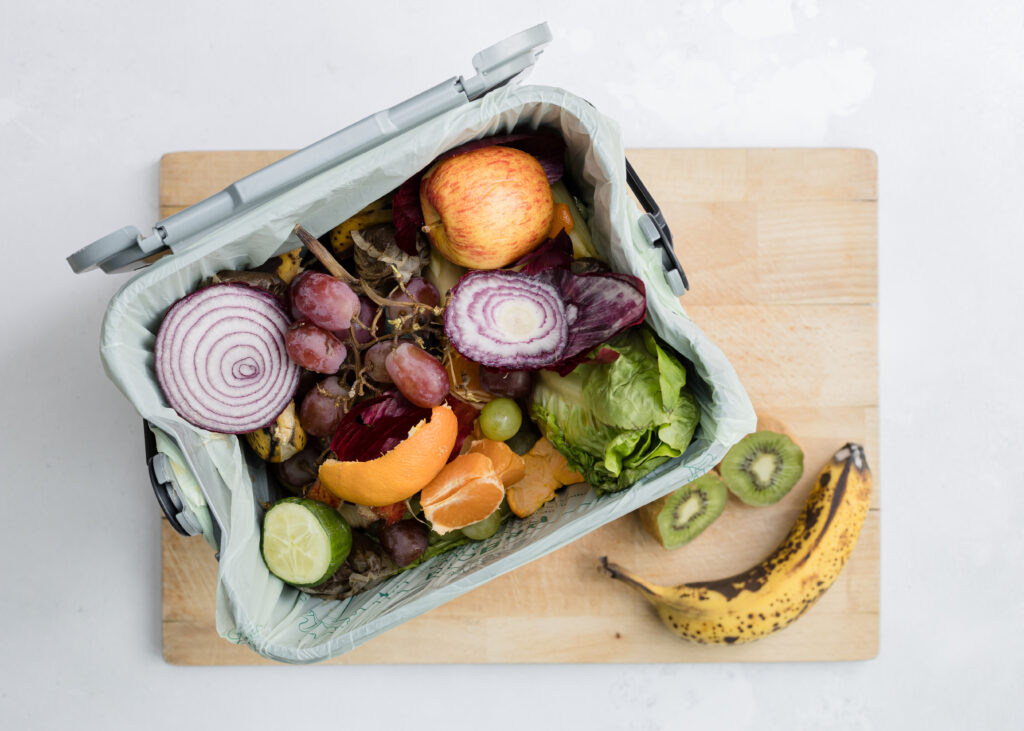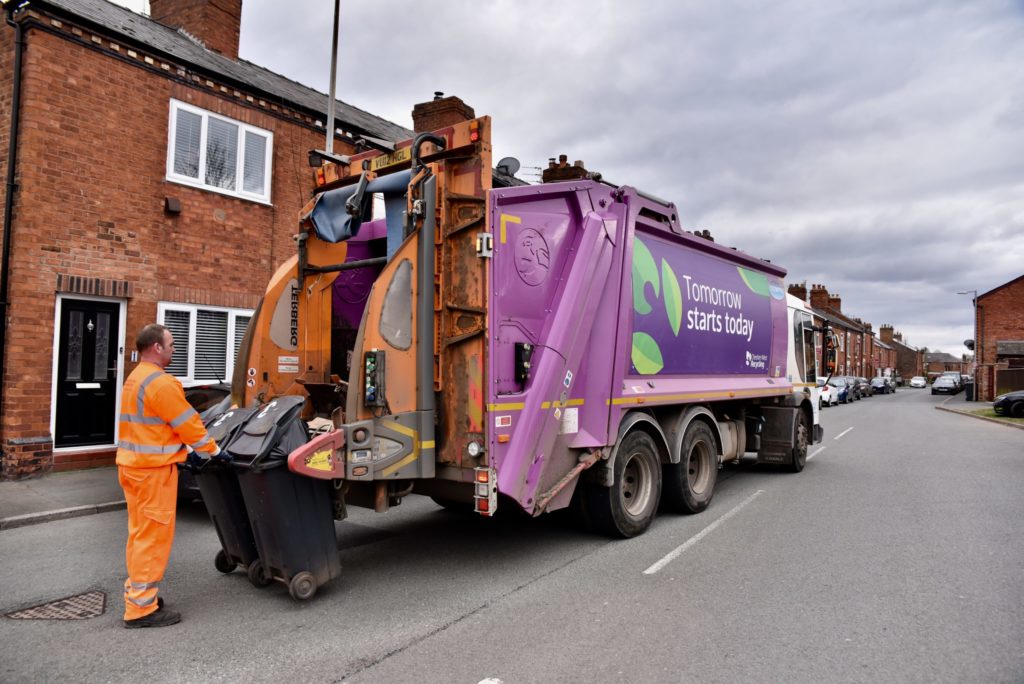There is no doubt that holidays whether at the coast, countryside or city can be the best time of year to discover new places, meet new friends or simply chill out. The tourist industry are playing their part in growing the tourism industry sustainably by adopting circular tourism principles. This article identifies some of the ways this is being done.
Tourism is the fastest growing sector in the UK in terms of employment. It is predicted to be worth over £257 billion by 2025, growing at a faster annual rate than the overall UK Economy (3.8% compared to 3%)[1]. With this level of growth, it is a substantial user of products, materials and services. The impact of this ever growing industry can be mitigated by using the principles of the ‘circular economy’. The circular economy aims to establish a virtuous circle that produces goods and services without wasting the limited resources of the earth such as raw materials.

Circular tourism follows the principles of the circular economy, a business model consistent with the values of sustainable development. Looking at the five key stages of tourism, we set out several examples that have been adopted or are being considered by the tourist industry to ensure it continues to grow but in a sustainable way by using resources efficiently to gain the most value from them.
Travel
Mobility sits at the centre of tourism, however travel and transport still has a long way to go before it can get on board with the Circular Economy concept as transport is one of the highest consumers of fossil fuels. There are however some steps tourist providers are taking to encourage holidaymakers to be more circular when visiting:
Providing public transportation schedules and routes to holidaymakers to get to their holiday destination or even creating car free holiday packages: providing room discounts for travellers who arrive by train or bus.
Encouraging tourists to use public transport to get to their destination by adding apps such as Moovit to their web pages.
Cooperating with local stakeholders enabling transport and travel options to connect and sell the destination rather than just an individual service.
There are best practice examples of circular transport in tourism from Scotland’s North Coast 500, which has an electric car charging station at every check point so the whole journey can be completed by electric car, BlaBla car – a long-distance UK car sharing site and further afield we can learn from Turo – an American car sharing marketplace allowing private car owners to rent out their vehicles to holiday makers. Privately owned cars are actually parked up 94% of the time rather than being driven, so allowing these cars to be shared reduces the need for more cars to be on the road and in production.
Stay
Around the world we see innovative concepts emerging from accommodation providers to adopt a circular economy approach. Take Martin’s Hotels in Belgium for example, who have opted for carpet tiles in their renovation project instead of entire carpets, allowing only the damaged pieces to be replaced as and when. There are a range of other initiatives that have been adopted or are being considered here in the UK, including:
Lighting can account for on average 25% in a hotel[2], many have upgraded to LED providing significant cost savings, however the circular economy approach takes this one step further and encourages lease lighting. This is lighting offered as a service to businesses, without a high upfront investment cost but still benefitting from savings. Ricardo has provided support in developing these servitisation models including developing a leased lighting business model for a leading lighting supplier on behalf of Zero Waste Scotland.
Providing a maintenance and repair workshop within the holiday destination, somewhere where things can be fixed, reupholstered, upcycled before deeming it as waste.
Hotels offering a buffet breakfast, providing ‘good to go’ boxes to encourage guests to take what would otherwise would end up being waste.
Making changes doesn’t have to mean sacrificing quality either. Some hotels still use the mini shampoos and soaps, as part of their image and branding but refill them or pass them on to organisations like Clean Conscience to benefit others. Clean Conscience is a UK based charity that accepts half used soaps and other toiletries to recover, repurpose and reuse to those in need.

We have helped many hospitality businesses so far make changes within their premises to be more sustainable, notably through the delivery of the Resource Efficient Scotland support and advice service for Zero Waste Scotland, which Ricardo EE has delivered since 2013[3].
Activities
Tourism businesses are also advising tourists to consider activities which are not going to deplete the area of its resources by providing information on ‘the top things to do within walking distance’ or offer bicycles to loan or rent on site, or encouraging holidaymakers to support the local economy by spending locally. This income is likely to be reinvested back into the area – a circular economy in the simplest form! Businesses in the tourism sector cover a broad range of business types and by working together to promote each other’s activities, services etc. they are helping create a local circular economy. We are currently helping a Scottish SME to develop an equipment rental service for Scottish visitors arriving by plane, bus, train or car. This way the users can avoid the expense and waste of resources of investing in new, portable equipment before travelling and also avoid paying more and creating additional carbon emissions by bringing that equipment with them.
A recent project supporting local activities in tourism is the Lake’s Currency Project who are launching a Lake District themed paper currency which can be spent only in participating businesses that are locally owned, trade locally and were either founded in, or unique to the area.
Whatever activities people are doing on holiday, there are many things tourists either take with them or decide to buy when holidaying. A recent survey by Hotels.com[4] of 2,000 British tourists showed that the second item most left behind on holiday was inflatables and a hotel in Majorca has come up with an innovative concept to stop these being just one use – a sanctuary for abandoned inflatables which holidaymakers can adopt during their stay.
Feedback and booking
Feedback and booking go hand in hand. A survey of 2,000 British travellers by E. On in 2016, showed that sustainability and energy use of a hotel is important to 50% of those surveyed and one in five were more likely to stay somewhere if it uses renewable energy sources[5]. More and more in the tourism sector are developing the, relationship between themselves and their guests from the minute the tourist starts to book. This relationship is allowing tourist organisations to influence the tourists’ behaviour and action from the onset.
Some UK tourist providers have joined recognised accreditation schemes like Green Tourism – A sustainable certification programme for the tourism industry or the EU Eco-Management and Audit Scheme (EMAS) which allows organisations to evaluate, report, and decrease their environmental impacts. The EMAS Accommodation Infosheet for 2017 features 228 EMAS-registered hotels, campgrounds and short stay accommodations in nine European countries. This allows tourism businesses to shout about what they are doing to be green, which will hopefully influence customer’s choices to the same extent that a quality star rating does.
These are just some of the circular tourism principles being adopted by the tourist industry to ensure our holidays are being delivered in a sustainable manner. There is still a lot more to be done by the industry as well as the holiday makers who use the services to safeguard our tourist attractions for us all to enjoy.
[1] https://www.visitbritain.org/visitor-economy-facts
[2] https://www.carbontrust.com/resources/guides/sector-based-advice/hotels-and-the-hospitality-industry/
[3] http://www.resourceefficientscotland.com/
[4] www.Hotels.com/OnePoll
[5] https://www.eonenergy.com/about-eon/media-centre/keep-it-green-hotel-guests-favour-a-sustainable-stay-yet-admit-to-using-more-energy-than-ever-before
Author
Emma Whittet is part of the Resource Efficiency and Waste Management team at Ricardo Energy & Environment. She is a graduate member of the Chartered Institution of Wastes Management and has a masters in Energy and Environmental Management. Emma predominately works on the Resource Efficient Scotland Advice and Support Hub. She has a significant amount of experience providing support to organisations in the areas of Resource Efficiency, having supported over 200 Scottish organisations. Emma worked as a Sustainable Tourism Assessor, before joining Ricardo Energy and Environment, auditing UK tourism businesses on their sustainability in relation to criteria based on ISO14001. email: emma.whittet@ricardo.com











Subscribe for free